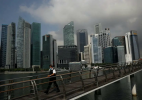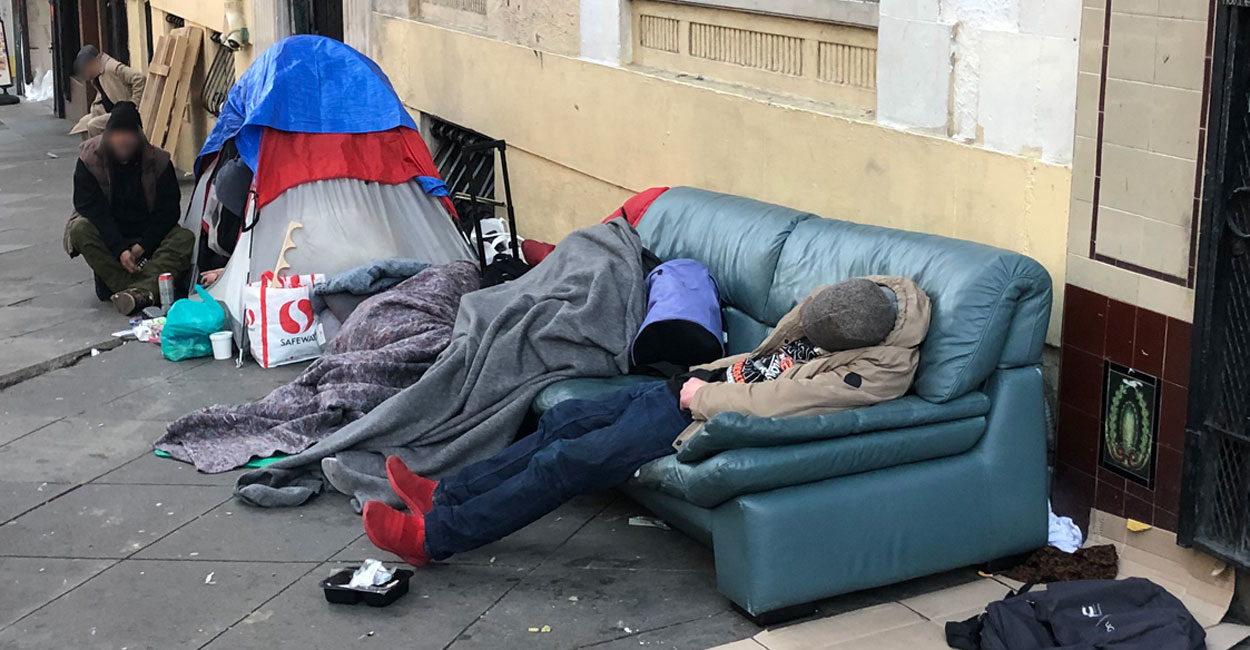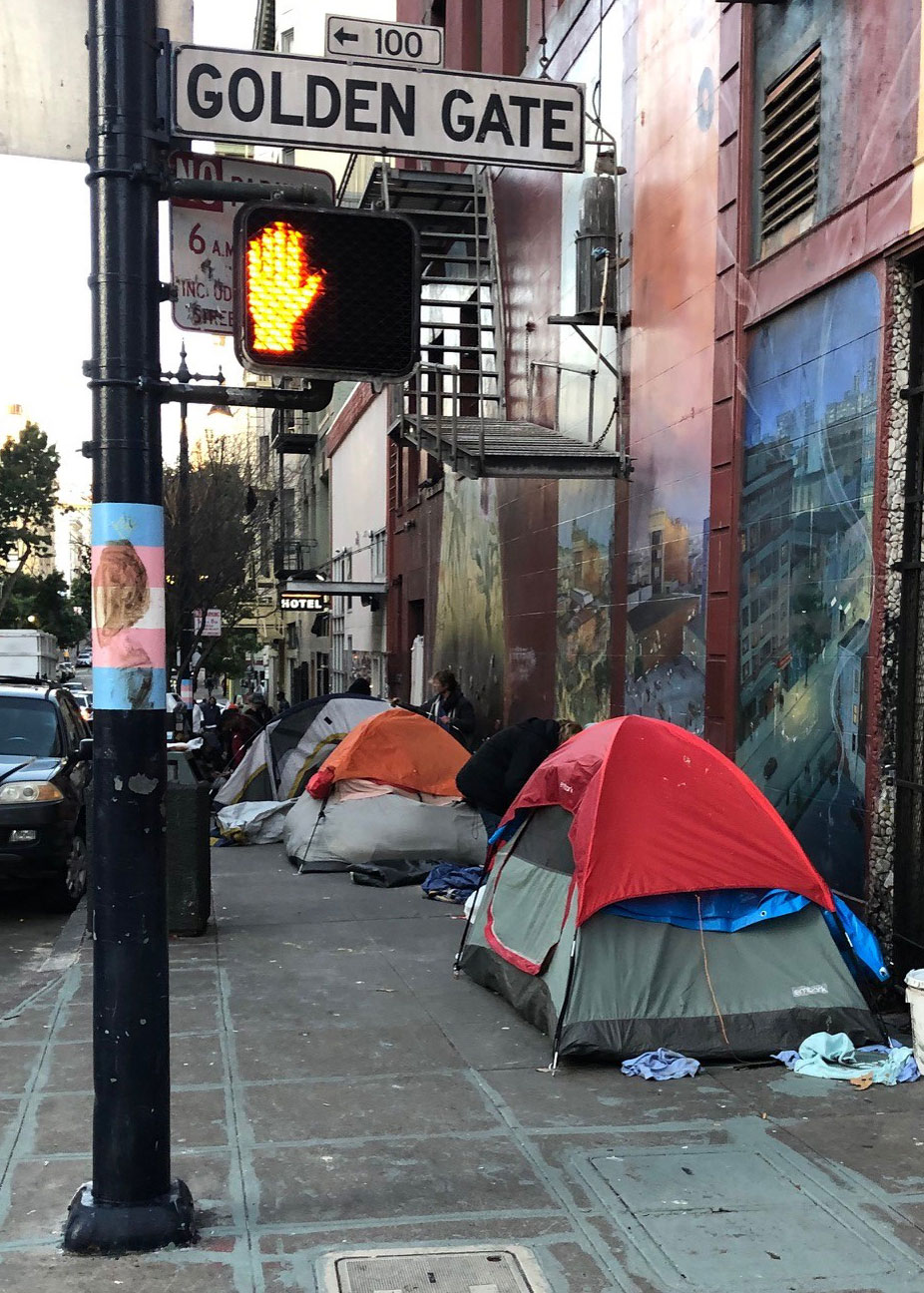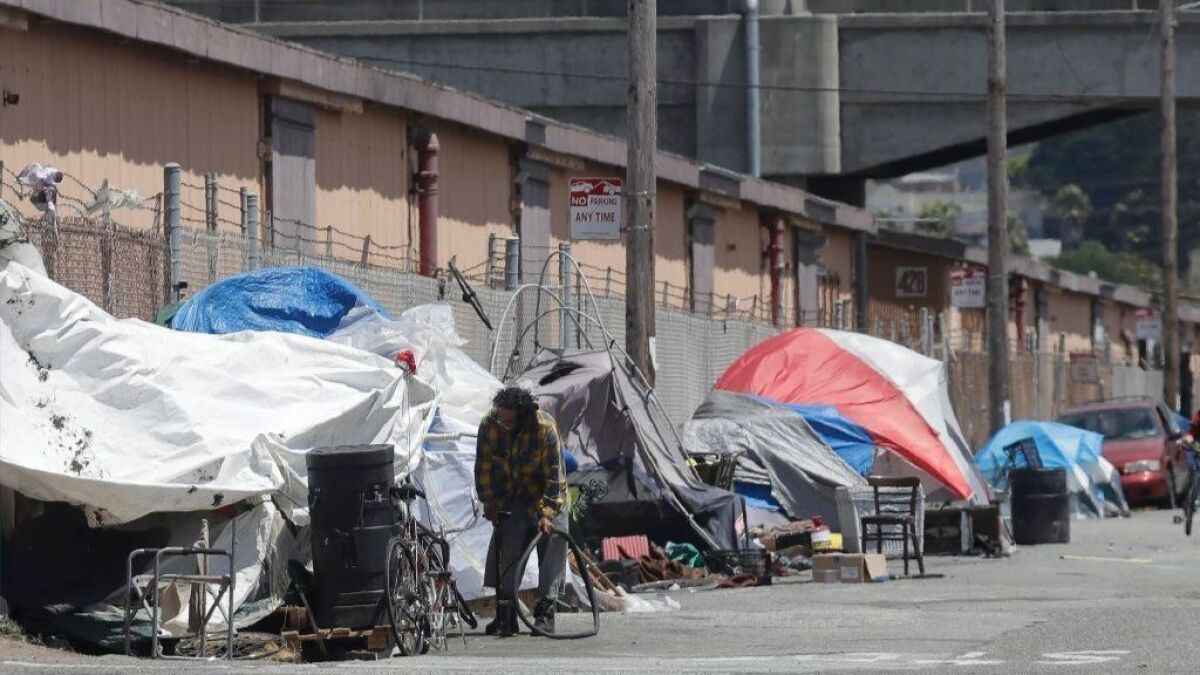- Joined
- Sep 22, 2008
- Messages
- 80,572
- Points
- 113
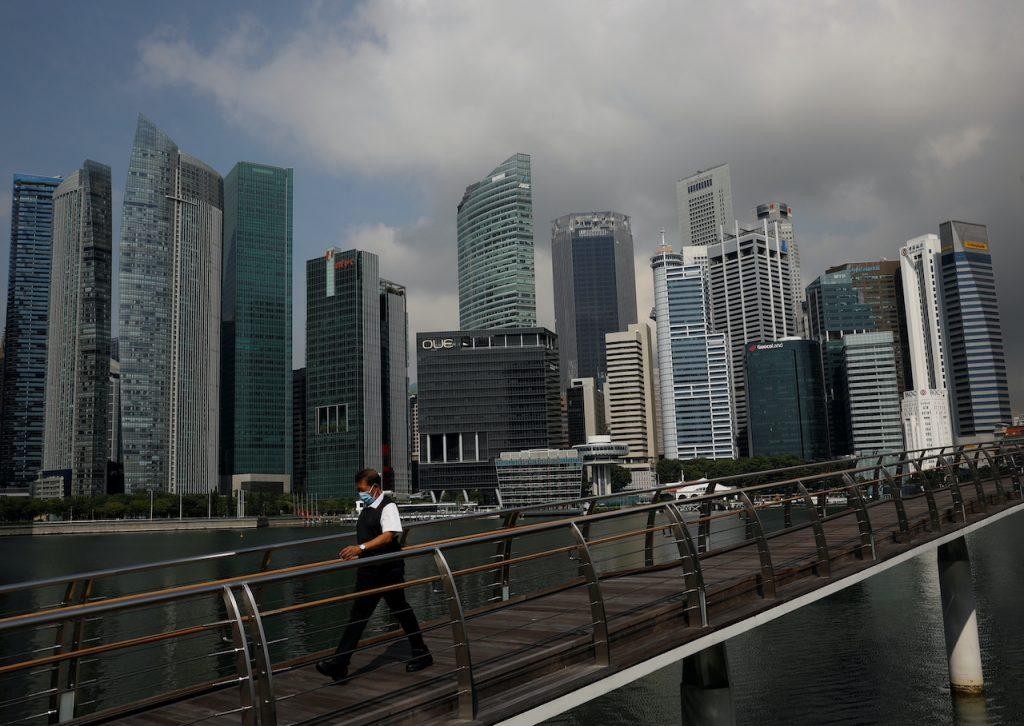
A well-documented nexus involving some of the biggest drug lords in the region doing business in Singapore has resurfaced on the back of the city-state’s continued defiance of international criticism over a series of scheduled executions of “small-time” mules convicted over the past decade.
In 2005, opposition politician Chee Soon Juan accused the Singapore leadership of hypocrisy in defending its death penalty for drug trafficking, citing its huge investments in Myanmar despite multiple indictments of drug lords with links to the military junta there.
“This government keeps going on about having to take a tough stance on drugs and what a scourge illicit drugs are in our society. Fine, but go and get it at its source,” Chee, a former political prisoner who had been sued by the late Lee Kuan Yew and his son, the current prime minister Lee Hsien Loong, told Australia’s The Age newspaper then.
- Advertisement -
“What’s the point of getting the mules? You know these drug lords are just going to find new people to get the drugs.”
This is a view at the heart of international protest over Singapore’s recent attempts to hang those convicted of drug trafficking, most of whom said they were forced to become involved in the illicit trade by drug lords.
Critics have pointed out that many of those awaiting execution in Singapore’s Changi Prison are drug mules from poor families whom they say often end up in the execution chambers while the drug kingpins who employed them go unpunished.“What’s the point of getting the mules? You know these drug lords are just going to find new people to get the drugs.”
Stressing this point, British aviation magnate Richard Branson recently wrote an open letter to Singapore President Halimah Yacob to stop the execution of Nagaenthran K Dharmalingam, a Malaysian diagnosed with mental disabilities.
Branson, like many others, said statistics showed that the death penalty for drug crimes had failed to deter the offences, adding that even extreme measures such as those taken by President Rodrigo Duterte in the Philippines could not end the illicit trade.
“Yet, the global drug trade continues to grow, and illicit drugs of all types are more readily available around the world than at any other point in history.
“If deterrence is the objective, these laws have failed miserably. And they will continue to fail,” Branson wrote.
The nexus of drug kingpins
More than a decade ago, Swedish journalist Bertil Linter documented how Singapore had been doing business with individuals and companies in Myanmar with links to drug kingpins.
 Lo Hsing Han. Photo: Reuters
Lo Hsing Han. Photo: ReutersThey included the family of the late “heroin king” Lo Hsing Han, which owns Asia World Co Ltd, a major infrastructure conglomerate in Myanmar with which the Singapore government had a joint venture at a time when the Burmese junta was condemned for its human rights crimes.
In 2008, Lo, alongside his son Steven Law and Singaporean wife Cecilia Ng, were added to a blacklist maintained by the US Office of Foreign Assets Control (OFAC), saying they were financially tied to the Burmese regime with “a history of involvement in illicit activities”.
According to a US treasury file on them, Ng was running at least 10 companies in Singapore.

